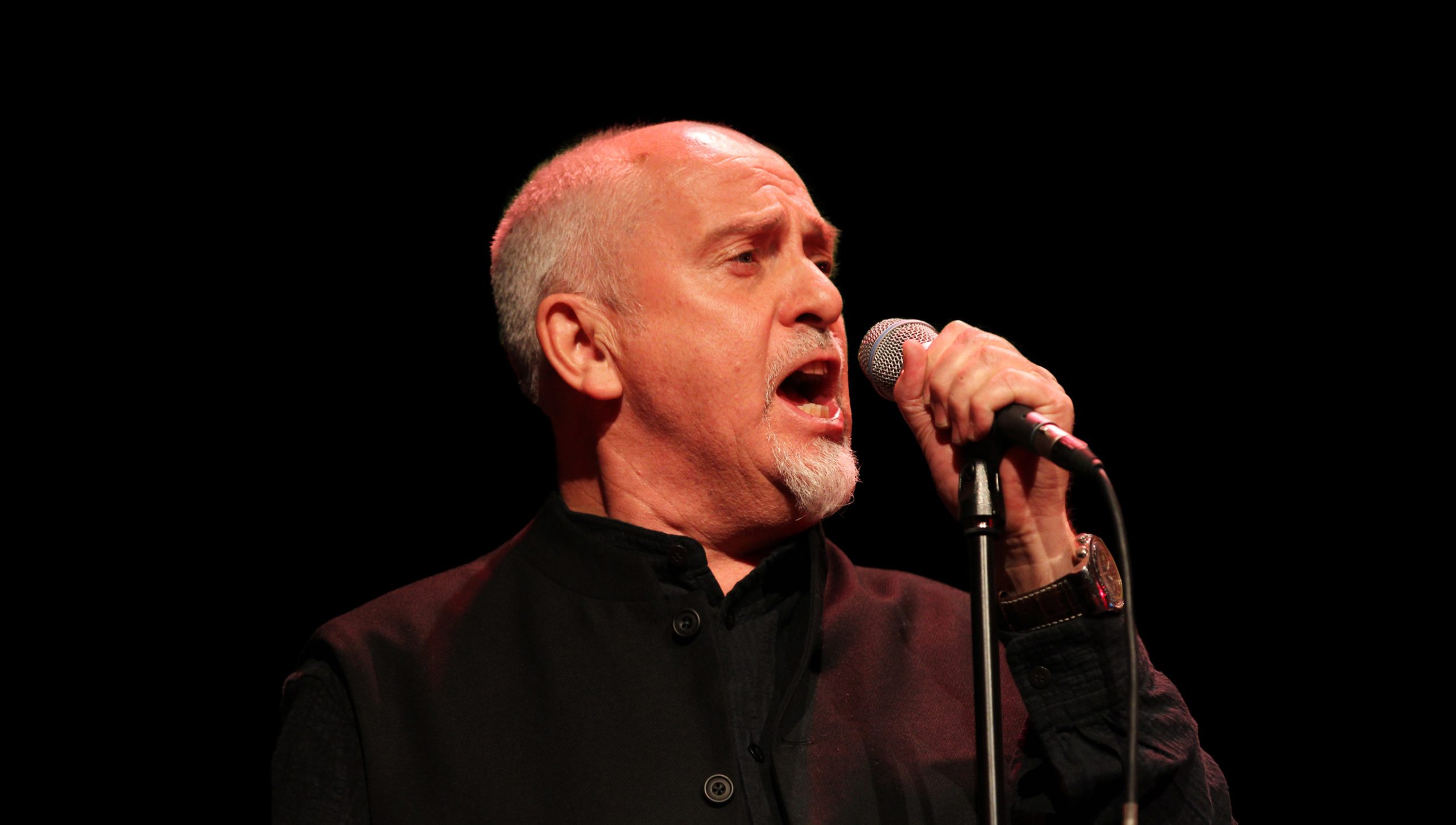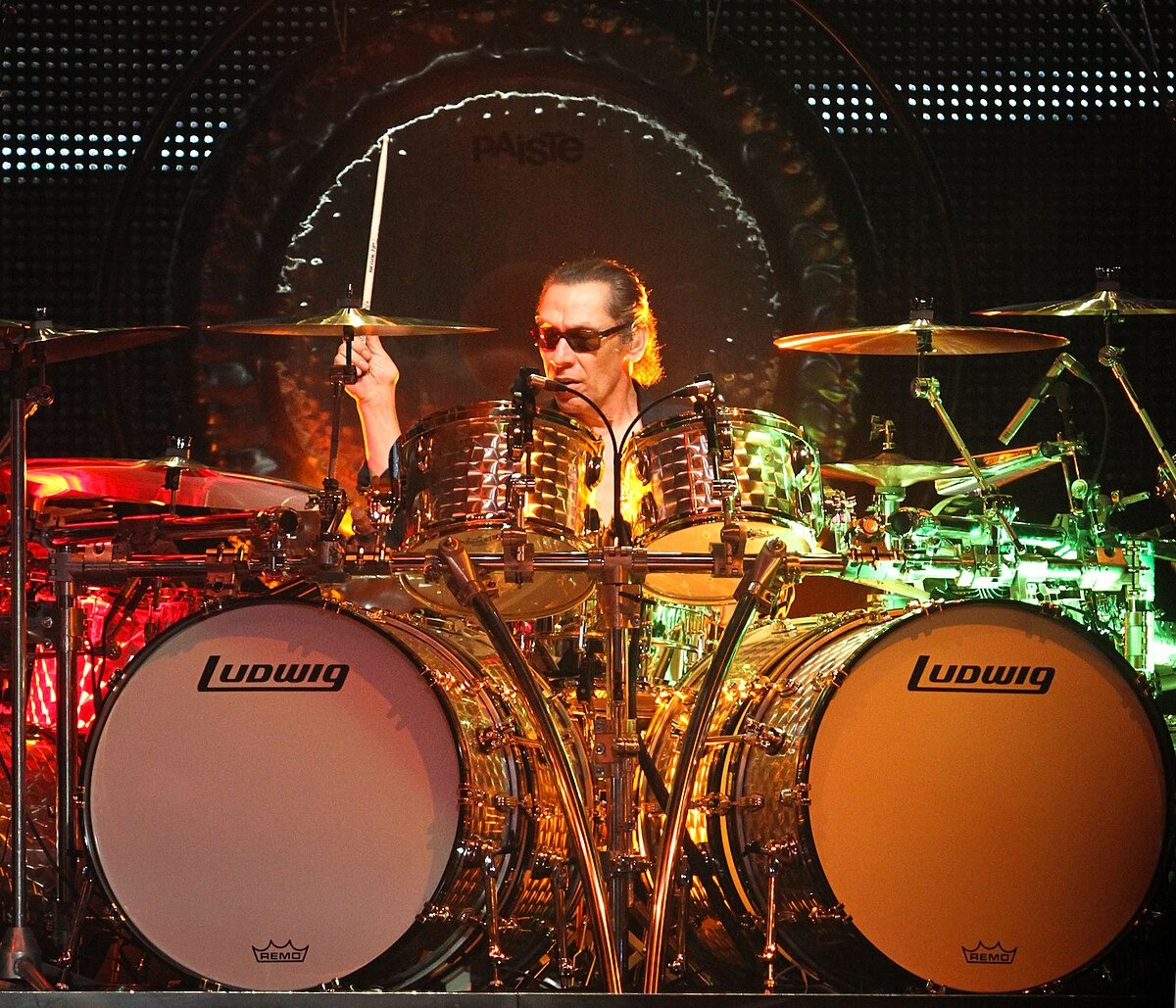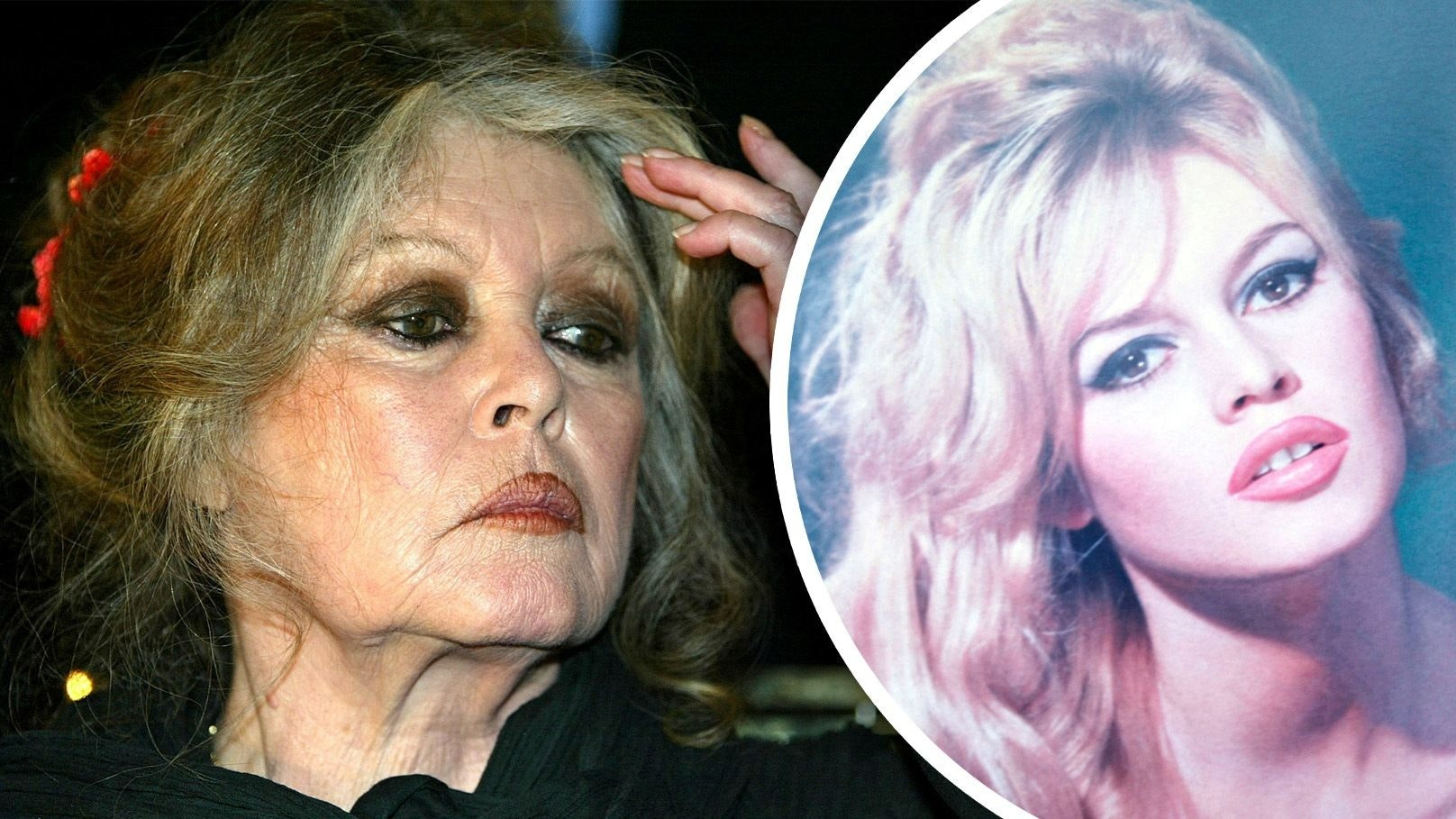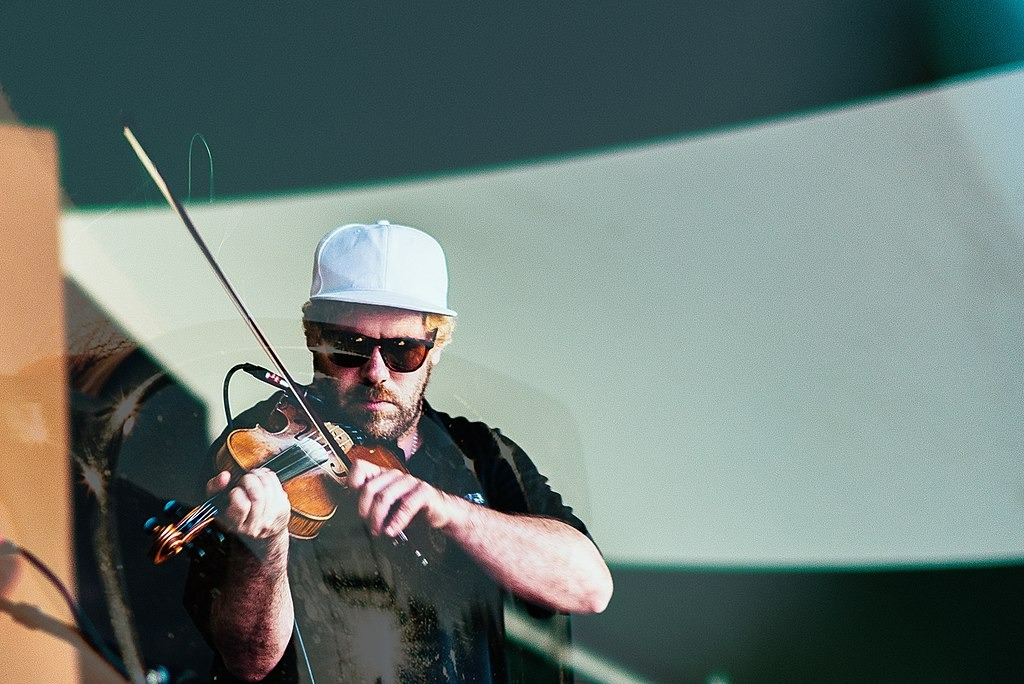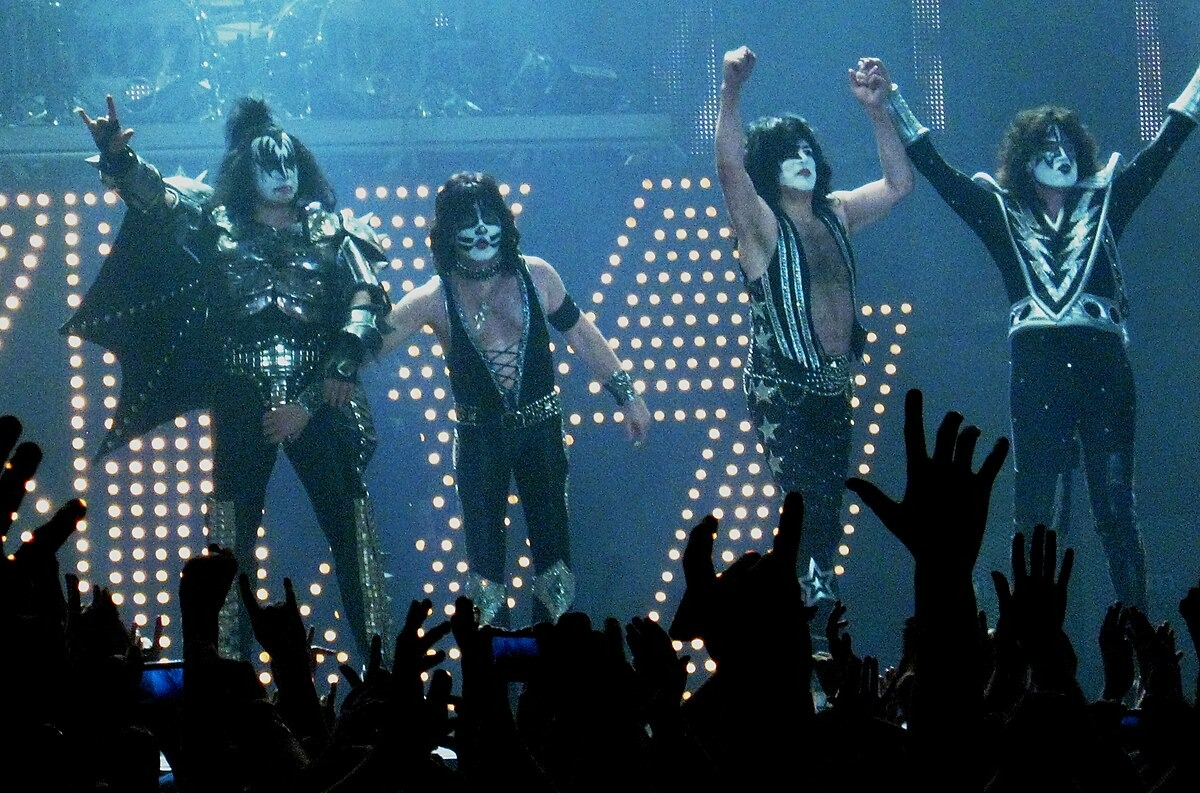As punk pioneers navigate their seventh decade, few match Debbie Harry‘s unflinching honesty about creative burnout. The Blondie frontwoman’s recent admission—”I ran into a wall”—cuts through typical rock star platitudes with refreshing authenticity. After five decades of genre-defining music, Harry’s candid reflection reveals an artist still grappling with loss, legacy, and the spark that drives meaningful work, just one reason she remains among the rock legends who refuse to fade away.
The End of an Era, The Start of Something New
Burke’s passing marked more than losing a drummer—it severed a creative lifeline spanning Blondie’s entire career arc. Harry describes the aftermath as hitting an emotional and artistic barrier, forcing her into a period of reflection and “de-cluttering” both physically and creatively. Yet this wall isn’t necessarily permanent. The band has confirmed their 12th studio album for 2025, reuniting with producer John Congleton for what Glen Matlock describes as “heavy and a bit atonal” material.
Key Developments:
• Blondie’s new album marks their first release since Clem Burke’s death
• Producer John Congleton returns after previous collaborations
• Glen Matlock confirms darker, more experimental sonic direction
• Harry plans museum exhibitions of stage wear and memorabilia
• Biopic and documentary projects currently in development
Finding the Spark Again
“I want to feel that little spark of creativity, surprise — those things. There’s a little tingle of that, and I hope that will be there for me.” Harry explains, embodying the honest vulnerability that originally made Blondie punk royalty. Her approach to this transitional moment feels deliberately anti-nostalgic—she’s not content being a museum piece. The planned exhibitions of Blondie memorabilia serve a dual purpose: documenting their cultural impact while clearing mental space for whatever comes next.
This isn’t retirement rhetoric. It’s an 80-year-old artist refusing to coast on past achievements, still hungry for genuine creative connection. When Harry talks about needing to “de-clutter” before finding new inspiration, she’s describing the same artistic instinct that led Blondie to fearlessly blend rap, reggae, and punk before anyone else dared.
Legacy Meets Innovation
Blondie’s current uncertainty mirrors every vital artist’s dilemma: how do you honor your past without becoming trapped by it? Harry’s wall might actually be necessary—a creative pause that allows space for authentic reinvention rather than formulaic continuation. That pause now appears to be lifting, with a new Blondie album set for spring, promising the next chapter in their evolution.
Your favorite legacy acts could learn from Harry’s honest assessment of creative blocks and her commitment to finding genuine inspiration rather than manufacturing content.







